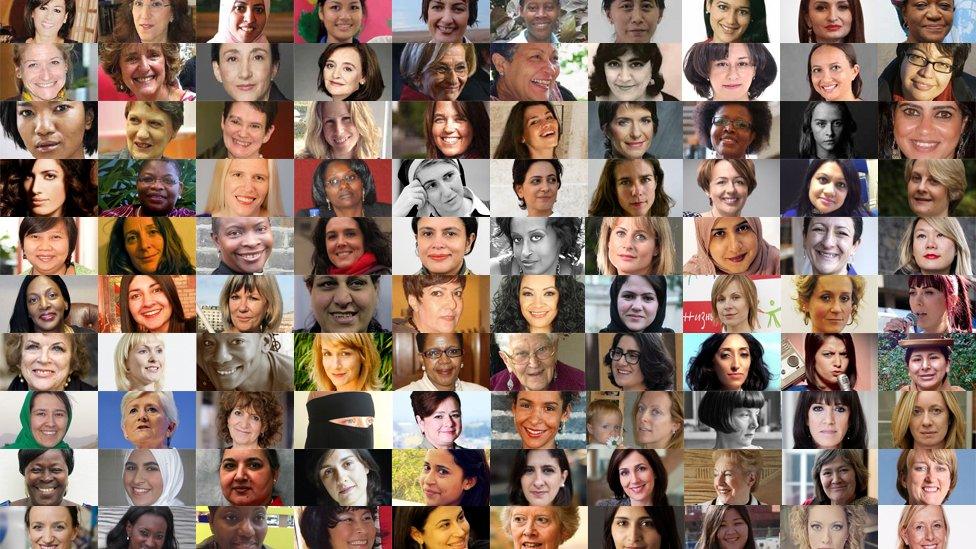100 Women 2016: Highlights from the season
- Published
100 Women 2016: Highlights from the season
The BBC 100 Women 2016 season was bigger than ever before - three weeks of inspirational stories, videos and debates, all culminating in a takeover of Wikipedia to get more women's profiles on the internet.
We ran a series of in-depth interviews with high profile women, such as singer-songwriter Alicia Keys, who talked to us about race, Donald Trump, and why she's determined to look the way she wants to look, and Simone Biles, who told us about becoming the greatest gymnast of all time and how she is coping with her new-found fame.
We also featured a mini series of films about women who have been part of groundbreaking moments of defiance. Ieshia Evans faced down a line of heavily armed police during the Baton Rouge protests against police killings of black men; Winnie Harlow defies the expectations of the modelling industry by building a highly successful career despite the fact she has the skin condition vitiligo.
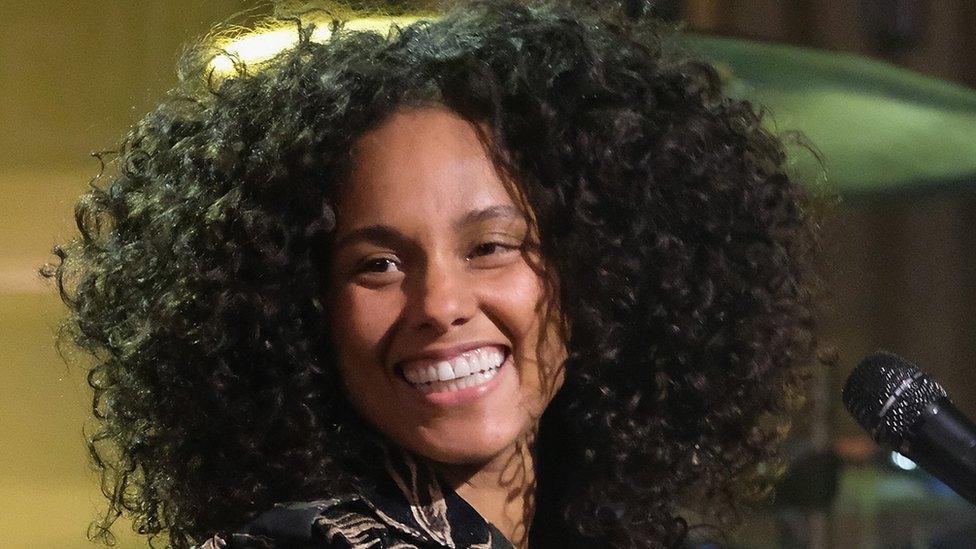
Alicia Keys was one of the high-profile women who features in our season
And we hosted our first ever live festival - in the heart of Mexico City - which featured music, art, dance and debate. It was there that we showcased first BBC-made virtual reality experience. Based on testimonies from rescued women, the documentary allows you to "live" the story of a woman who is trafficked by cartels and is just about to be rescued.
Our main debate this year was on the inclusivity of feminism. Kimberle Williams Crenshaw, Heather Rabbatts and Gail Lewis explored whether the feminist movement has succeeded in engaging all women regardless of race, ethnicity, and sexuality.
A series of first person online articles from across the world challenged stereotypes and stimulated conversation - we heard from a French woman who regrets having children; a Chinese woman who regularly takes menstrual leave; and an Australian woman who helps treat rapists.

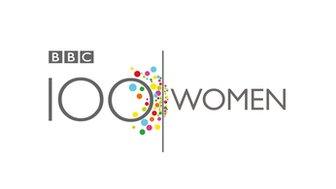
What is 100 women?
BBC 100 Women names 100 influential and inspirational women around the world every year. We create documentaries, features and interviews about their lives, giving more space for stories that put women at the centre. We continue to ask:
How are women faring in the 21st-Century economy where you live?
Will women take on a bigger role in politics and business? Or is there a "global glass ceiling"?
What do you see as the biggest risks women face? What about the biggest opportunities?
And - of course - what about the media? Do we misrepresent women? Do we tell their stories properly?
We want YOU to get involved with your comments, views and ideas. You can find us on: Facebook, external, Instagram, external, Pinterest, Snapchat, and YouTube.
Spread the word by sharing your favourite posts and your own stories using #100women

A strong focus of our seasons is also on the women you may have never heard of before but who are doing astonishing things in their own communities. One of these is 105-year-old Saalumarada Thimmakka, who has planted and nurtured hundreds of banyan trees in rural India, in a bid to improve her environment and combat the stigma surrounding her childlessness.
We also asked our audience for their stories: Over one weekend they reported to us the street harassment they experienced in more than 43 cities and we then created a global map of the incidents.
We ended the 2016 season by asking: Is the internet sexist? Wikipedia is the seventh most popular site in the world but only 15% of Wikipedia editors are women and fewer than 17% of its notable profiles are of women. We held a 12-hour edit-a-thon in 13 countries and multiple languages to encourage more women to edit and write articles and profiles about women. The event was a record-breaking success with more than 450 articles about women added or edited - the highest number in a single event.
- Published17 November 2015
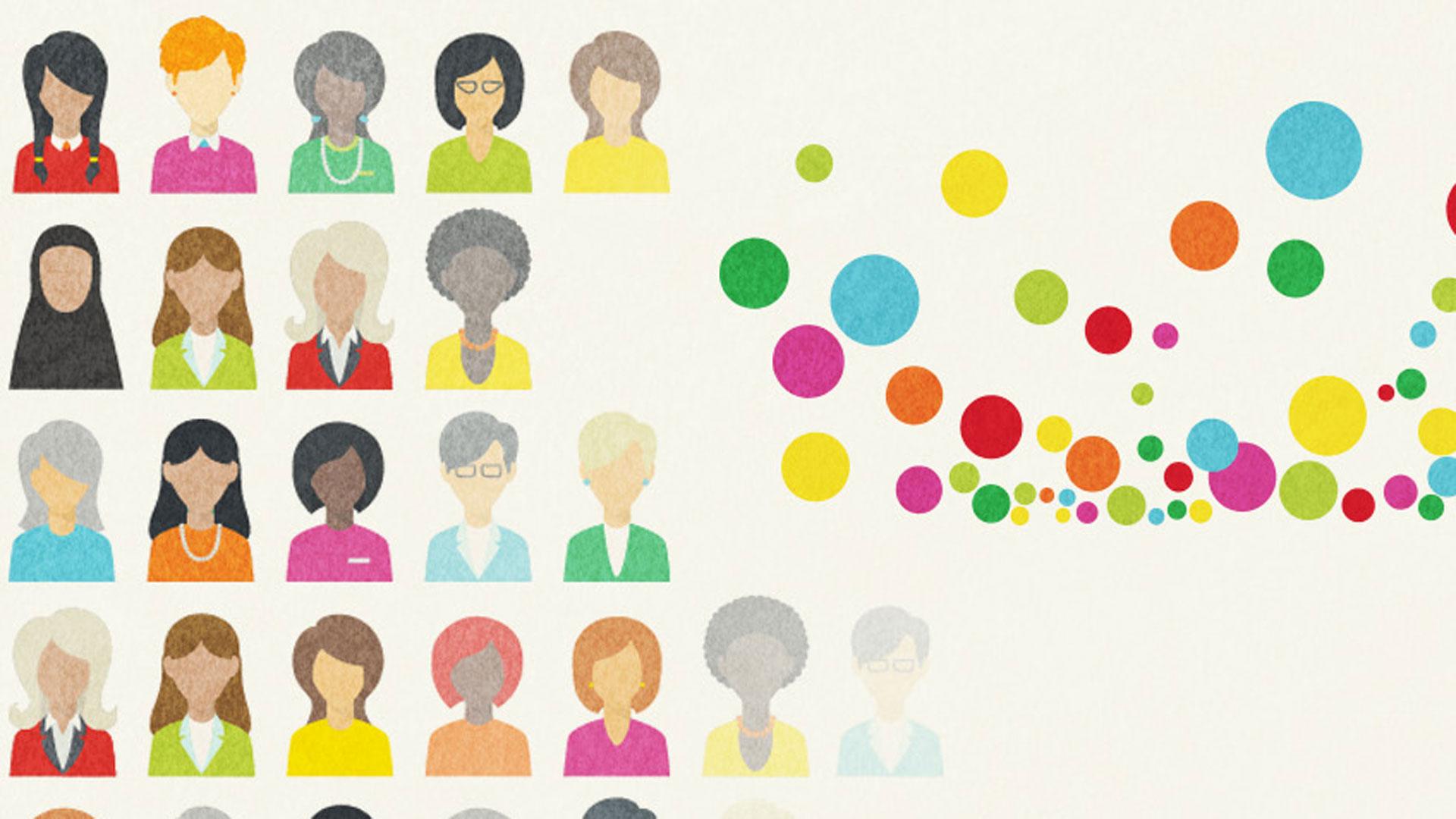
- Published26 October 2014
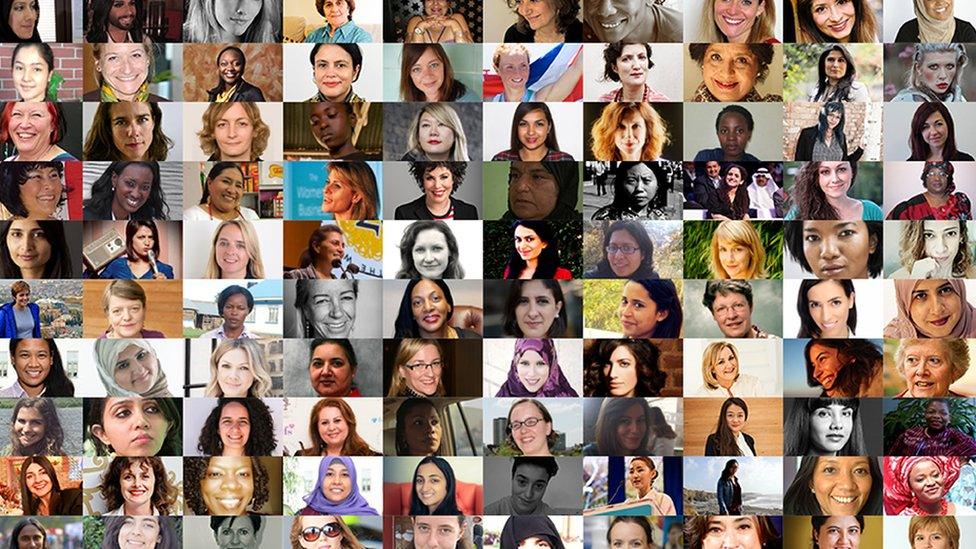
- Published22 November 2013
